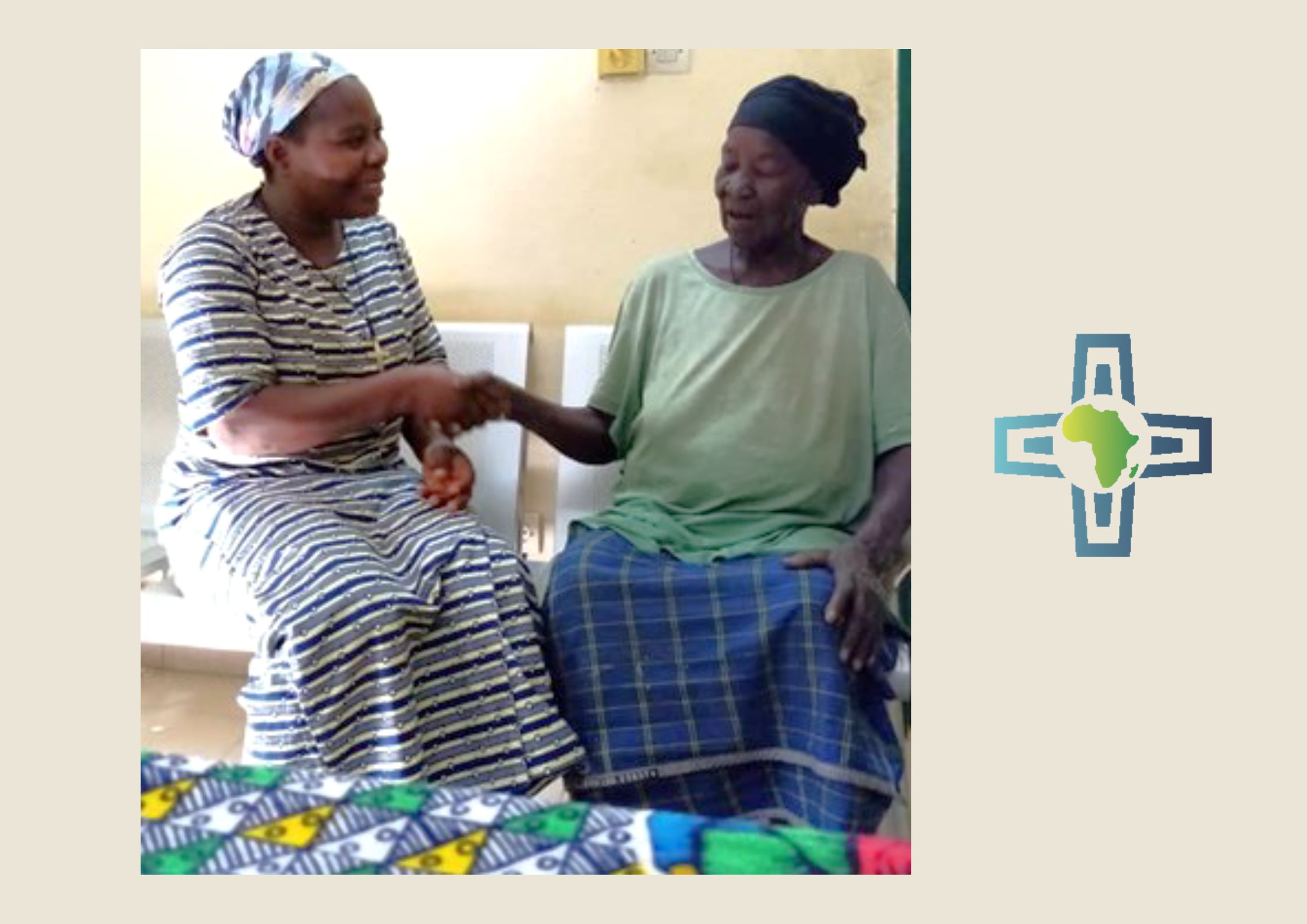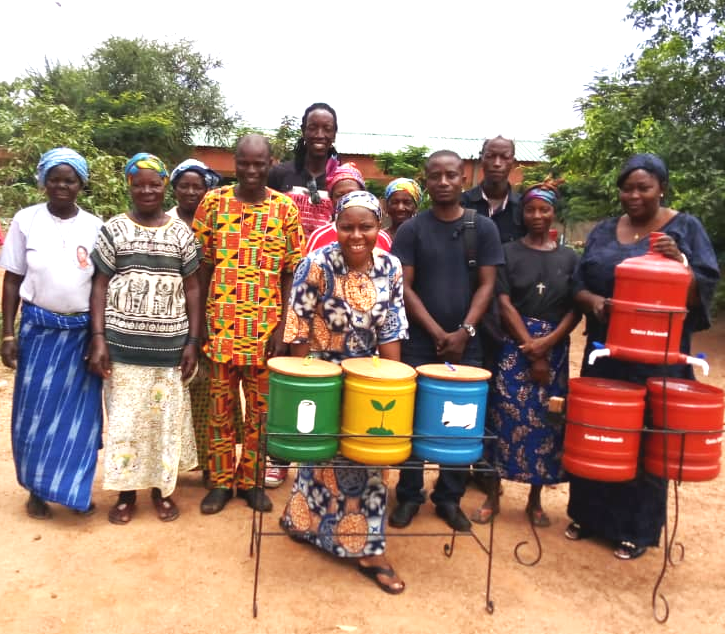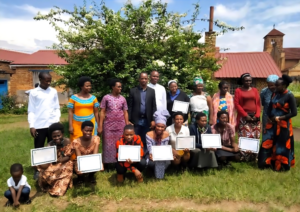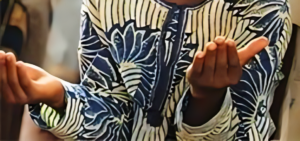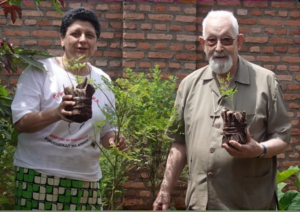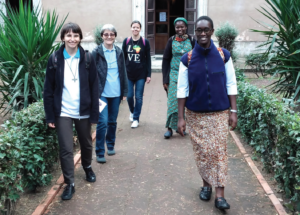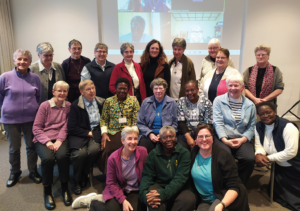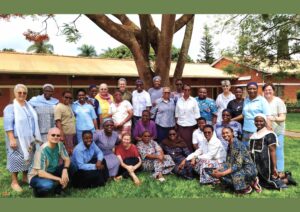From our sister Vickness N. Muleya, community of St. Julien, in Ouagadougou, Burkina Faso
Social exclusion due to allegations of witchcraft is violence against women, and the phenomenon is still rife, especially on the Mossi plateau. More than five hundred women are dispersed across the Mossi Plateau in shelters or precarious homes in insecure areas, because they are accused of being “soul eaters”.
The women arrive stripped of all their possessions and dignity, beaten, wounded, their homes burnt down, and forbidden to see their children and families. Many die on the road, while others attempt suicide. These are common occurrences, and many victims die tragically without any help.
In general, it’s the elderly, and particularly women, who are the first to take the blame when death or other dramatic events occur in a family. At present at the Centre Delwende, we have 178 residents, including 7 men; 70% are over the age of 70. Unfortunately, however, we also now receive young people – the youngest is 43, and she has been at the center for 4 years. Unaware of their rights and existing legal provisions, often left to their own devices by the competent services, these women are victims of exclusion, various forms of abuse, and destruction of their property.
Our mission is to welcome them, house them, care for them, feed them, raise awareness, and advocate for their return to their families and communities of origin. By doing all this, we try to revitalize their lives, enabling them to rebuild their self-esteem and their trust. We accompany them for medical and psychiatric care, and literacy training for those who can still learn something. They also garden, raise pigs and poultry, spin cotton, and make soumbala and soap.
Since allegations of witchcraft, and the consequent infringement of rights and violence against the victims, puts a strain on the cohesion between the families and communities from which they come, we try reestablish links with their families, especially those who are open to accepting and welcoming these women through mediation and reconciliation.
In this apostolate, living JPIC isn’t something that’s far from me or separate from me – on the contrary, it’s part of my way of being, discerning, acting and so on. It’s this red thread, as we like to say, that runs through my actions. For me, prayer is increasingly becoming a tool for the true JPIC that the world is looking for. May the Lord, the Prince of Peace, help us.


